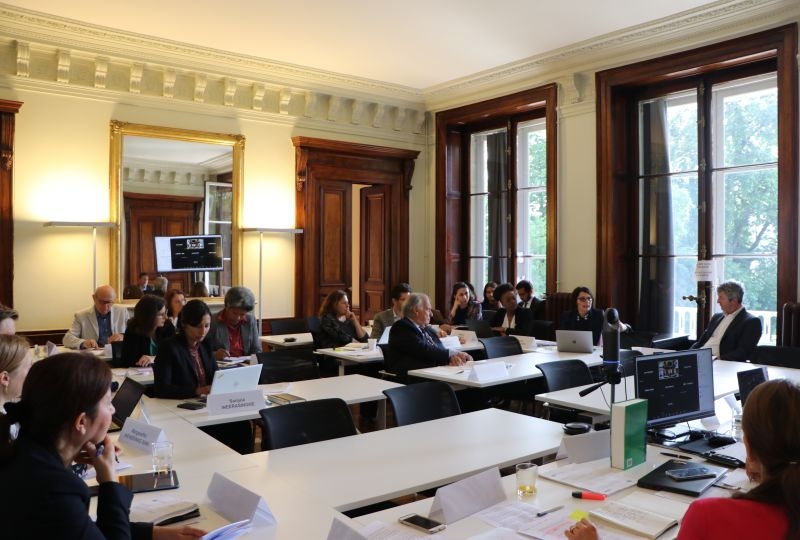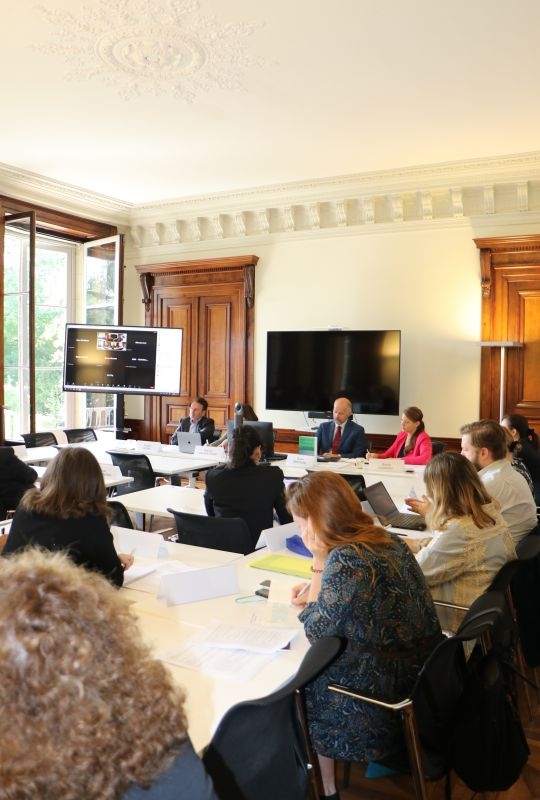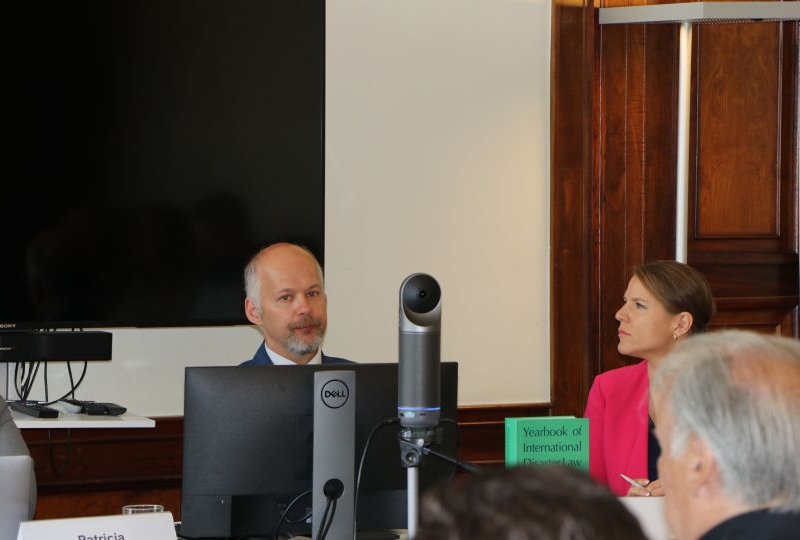The activities of this ILC Working Group will result, in the coming years, in a substantial report that will address the different issues related to sea-level rise and international law, namely the law of the sea, statehood and the protection of persons affected by sea-level rise.
‘This timely meeting, in light of the parallel discussion at the ILC on this report, was particularly fruitful to foster the dialogue between members of the UN ILC working group on ‘Sea-level rise in relation to international law’ and external actors able to provide inputs, critical comments, and insights on relevant practice. Such dialogue might be particularly helpful for future activities to be carried out by the ILC on this topic and could permit Professor Patrícia Galvão Teles, in charge of this track, to take advantage of such contacts and expertise in view of the submission of a future report to the ILC’ says Giulio Bartolini, Associate Professor of International law at Roma Tre University.











